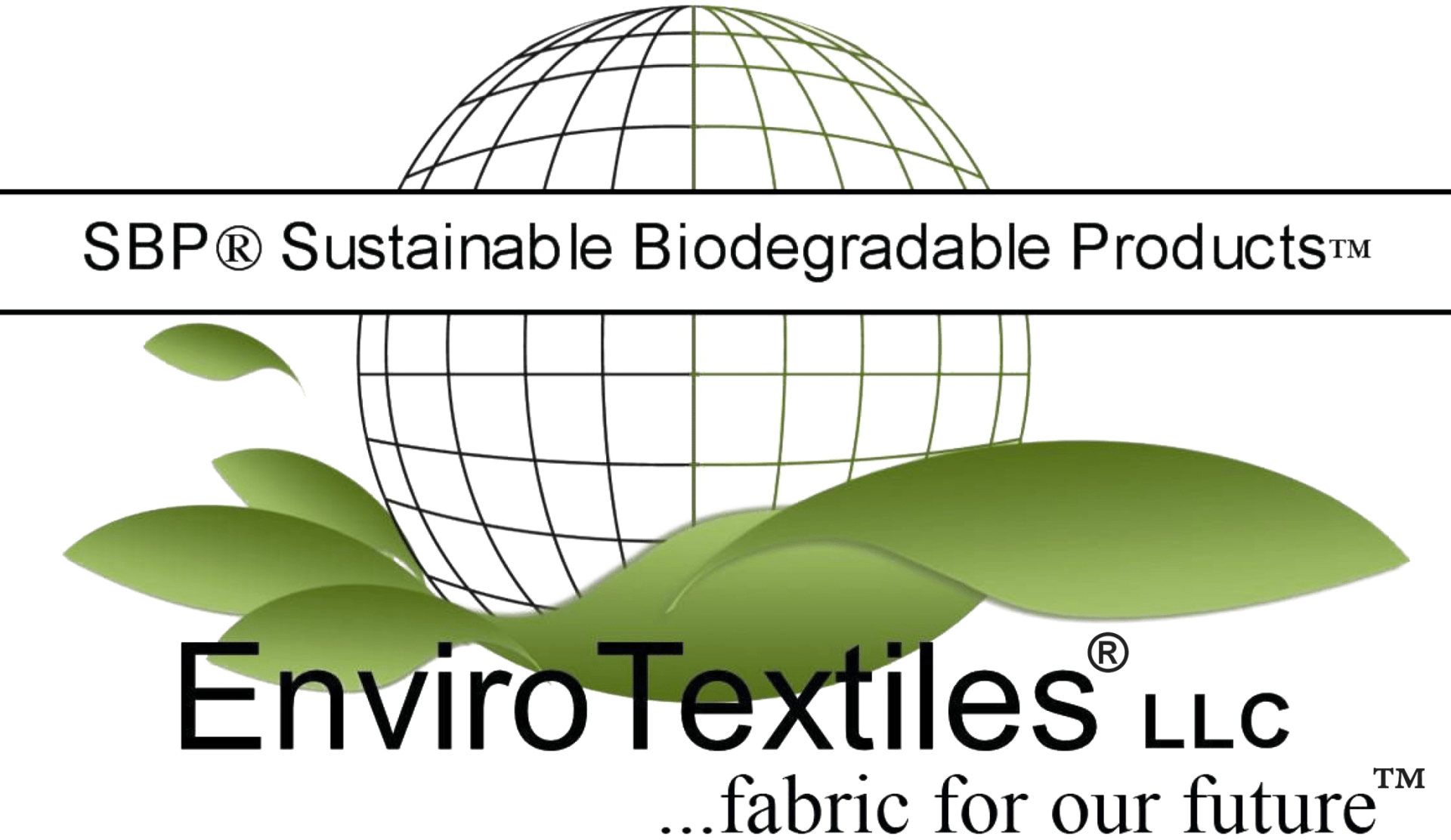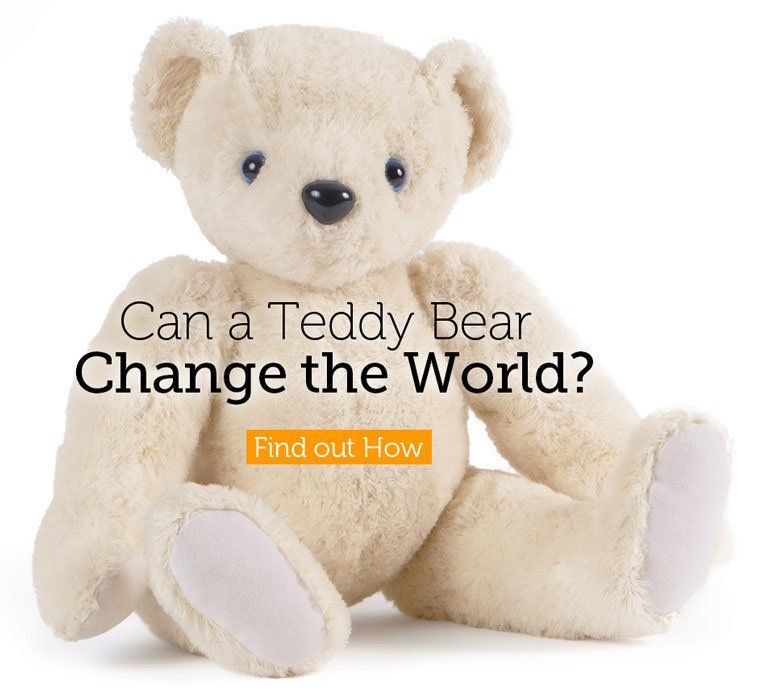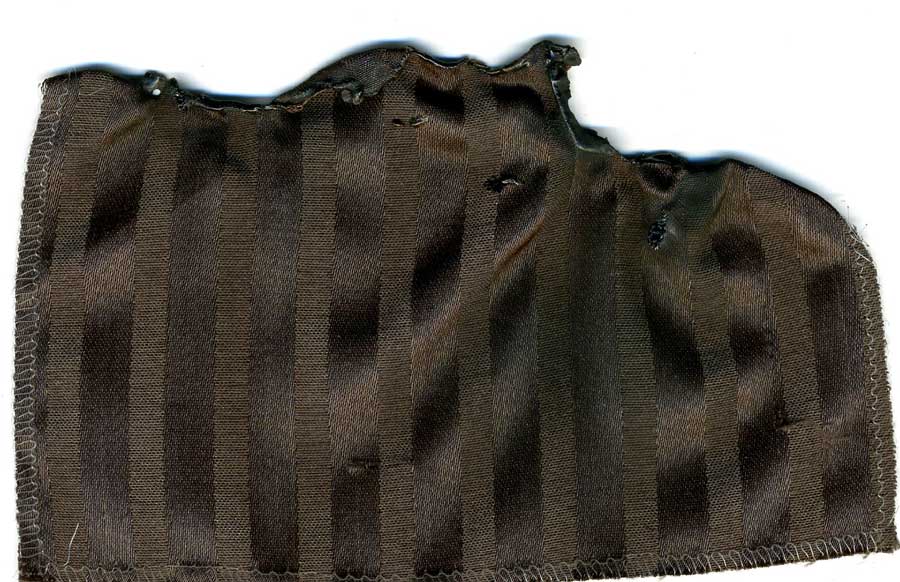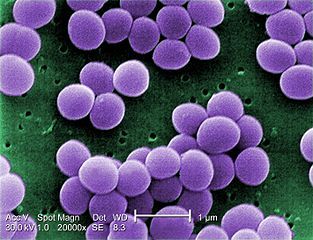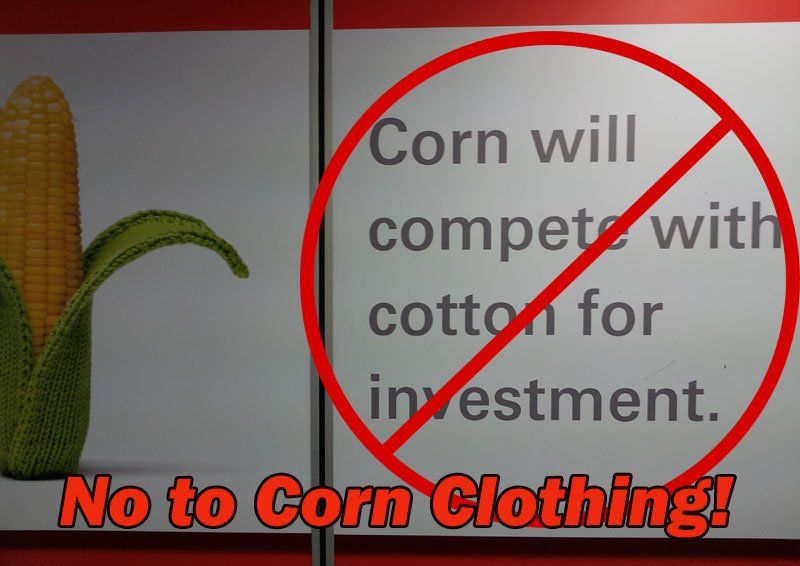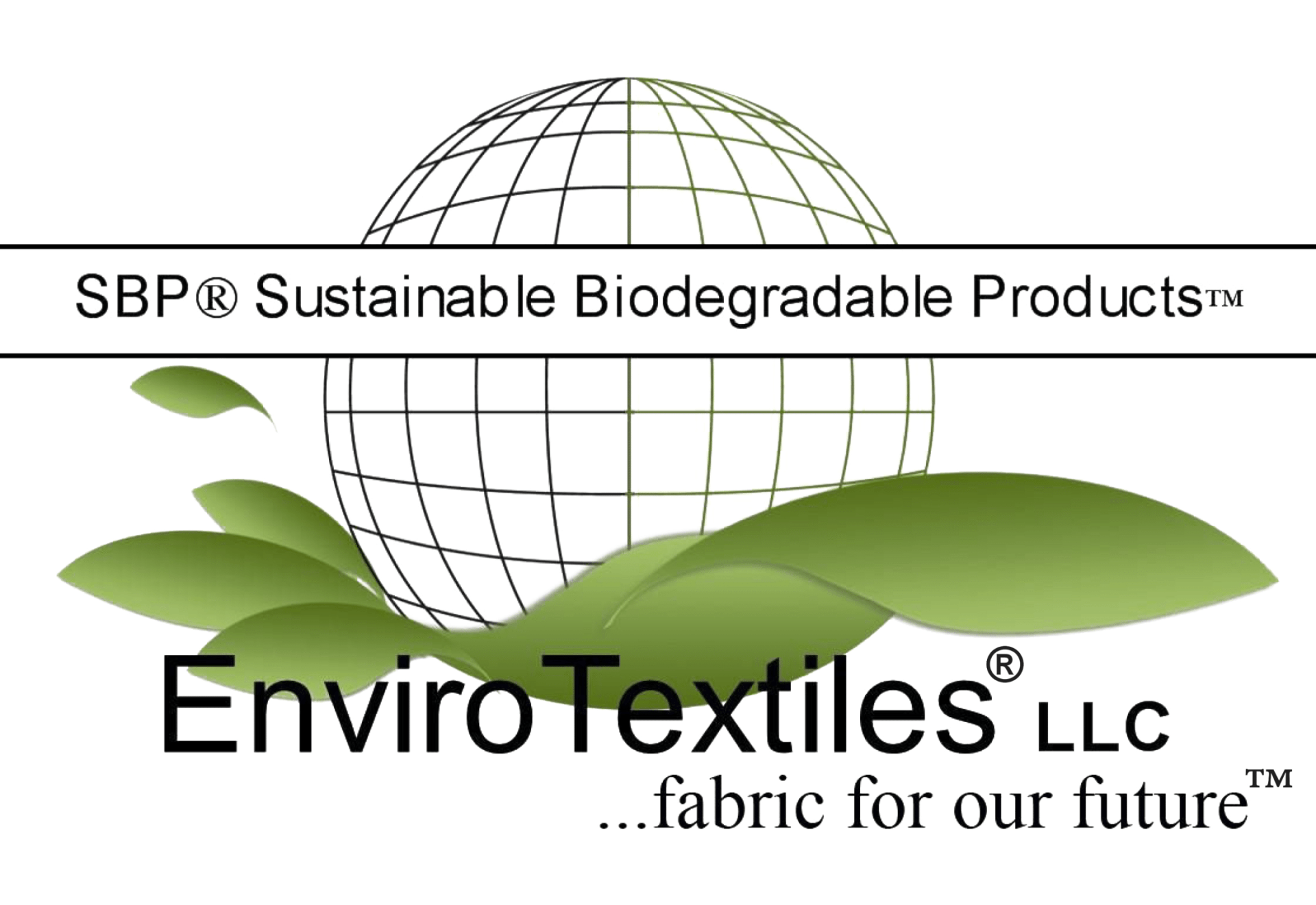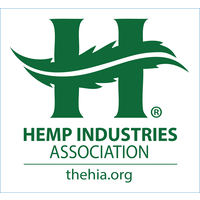February 27, 2013
Glenwood Springs, CO
FOR IMMEDIATE RELEASE
EnviroTextiles, LLC, a Colorado based Industrial hemp and natural fiber manufacturer, is pleased to announce that it has earned approval from the USDA BioPreferred® Program as the only Hemp products manufacturer to qualify for listing their products in the Federal Procurement Preferred category. To quote the USDA’s website: “The purpose of the USDA BioPreferred® program is to promote the increased purchase and use of biobased products. The program is expected to promote economic development, creating new jobs and providing new markets for farm commodities.”
Barbara Filippone, President of EnviroTextiles, LLC believes, “The addition of hemp to aU.S.approved government program is a historic achievement for biodiverse agriculture, and is blazing the path to legalizing the growth of industrial hemp in theUnited States. Legalization would provide our farmers with a drought resistant, pesticide-free, multi-purpose, and value-added crop. Hemp has over 25,000 uses including variations of Food, Fuel, Feed, and Fiber.”
“While critics fear that hemp will have little economic impact, the reality is clear. With investment in farming, manufacturing, and jobs training, the US could experience a large resurgence in virtually all industries – farming, manufacturing, and export to name a few. The reach of the industrial hemp industry has incredible potential, with the ability to introduce new raw materials that are already successfully used for wide ranging products across the world. Industrial hemp would open up new markets and expand existing markets while leaving a very small carbon footprint. “
“It should be noted that theUSis one of the world’s largest consumers of hemp derived products. However, we are unable to grow hemp locally and in all States until legislation currently under way is passed. The question is not if industrial hemp will have a positive impact in theU.S.- the question is will we see the opportunity to grow and develop this commodity within our own borders.“
EnviroTextiles is a woman-owned industrial hemp and natural fiber manufacturing company based in Glenwood Springs, CO, and is the largest importer of hemp textiles in the U.S. Barbara Filippone, founder and president of EnviroTextiles, has created thousands of jobs across the globe in her 37 years of developments surrounding natural fiber production. She has developed industry in India, Hungary, Poland, Romania, Mexico, South Korea, and China, with China presently providing hemp to EnviroTextiles for their products. Being a leading expert in processing and economic development, EnviroTextiles proudly sells their products in theU.S.and to over 70 countries worldwide.
EnviroTextiles presently has offices in theU.S.,China, andMexico, and focuses on natural fiber products and economic development in regions with commodity levels of various natural fibers. “Being one of the first companies to be USDA Bio-Preferred qualified and having Federal Procurement Preferred status, EnviroTextiles is leading the way for investment in bio-diversity, non-GMO farming, and job creation.”, Filippone stated.
Please also note, EnviroTextiles is excited to announce we celebrated our 12th year in business on February 15th, 2013. Thanks to all that have supported us over the years!
For more information please visit:
http://www.biopreferred.gov/
https://www.envirotextile.com/
http://www.votehemp.org
Senate Bill 359 – Excluding industrial hemp from the Controlled Substances Act:
http://www.govtrack.us/congress/bills/113/s359
For more information on EnviroTextiles contact:
info@envirotextile.com
Phone: (970) 945-5986
